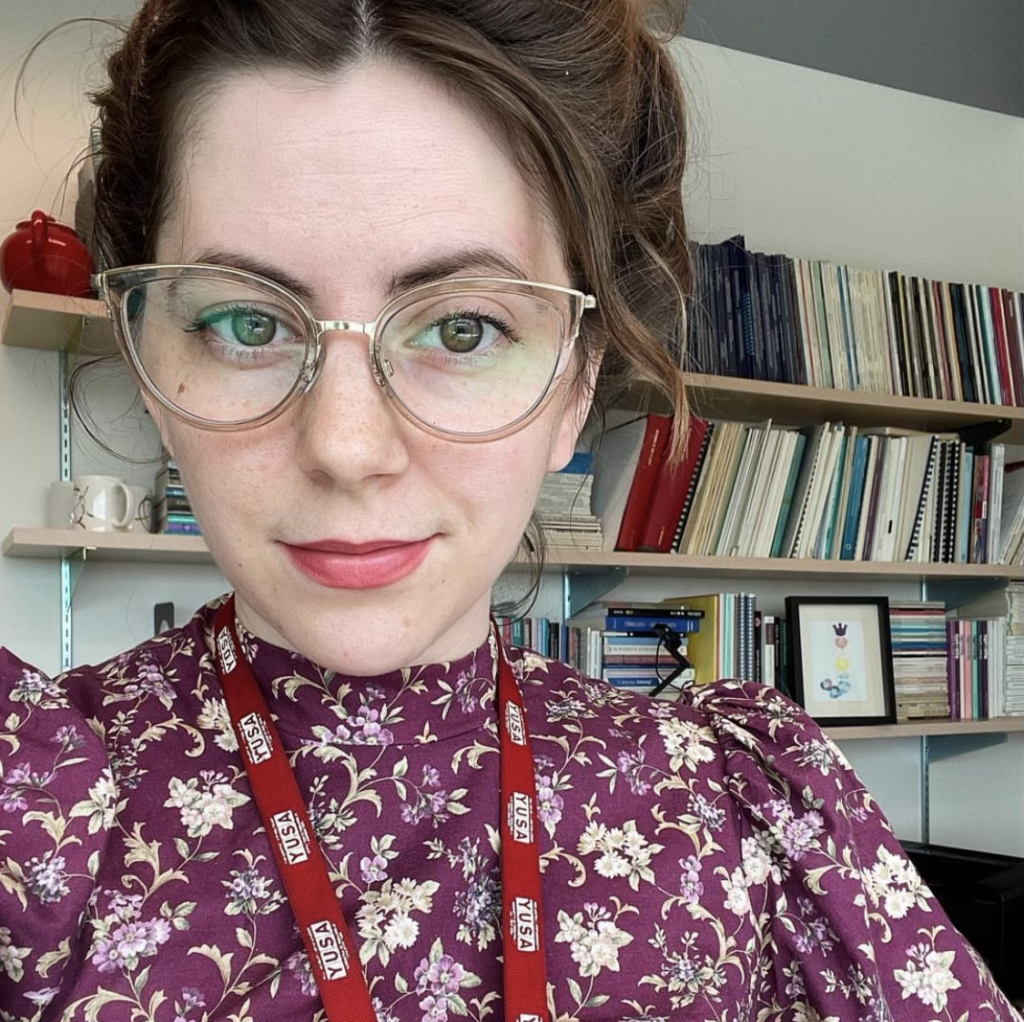The "On Our Own Terms" project (informally known as the Femme Story Archives) explores a unique period in Toronto’s queer history, from 1990-2000, which saw a uniquely vibrant period of dialogue, organizing, and cultural production around queer femme identity and experience. This project brings to the forefront queer femme voices as necessary to more complete understandings of both queer and women's struggles and activism in Toronto, a major city in Canada and North America. ‘Femme’ is an identity marker that originally emerged from North American working-class lesbian bar culture of the 1940s and 1950s (Faderman, 2012; Kennedy & Davis, 1993; Nestle 1992). Femme referred to feminine-presenting lesbians who were understood in relation and contrast to butch, or masculine-presenting, lesbians. However, both femme and butch are terms that have circulated widely in queer culture across LGBTQ2+ communities. Starting in the 1960s, femme was also a term used by trans women of colour in Harlem’s Black and Latinx-dominated drag and ballroom cultures (Bailey, 2014). This evolution of femme and its diverse lineages, as well as the denigration of femmes—alongside butch lesbians, sex workers, and BDSM and kink communities—by some feminists in the 1970s and 1980s (Hollibaugh, 2000; MacCowan, 1992), catalyzed a renaissance of queer femme culture in the 1990s and a reclamation of queer femininities that are informed by but also exceed lesbian histories (Brushwood Rose & Camillieri, 2002; Duggan & McHugh, 1996; Harris & Crocker, 1997; Galewski, 2005; Hemmings, 1999; Hollibaugh, 2000; Munt & Smyth, 1998; Nestle, 1992). During this decade, Toronto was an epicentre for the expansion of queer femme communities, identities, and cultures, and the first articulations of femme “as a gender experience on its own terms” (Brushwood Rose & Camilleri, 2002, p. 13).
This project responds to a notable absence of material on the experiences of queer femmes in existing LGBTQ2+ histories and archives. This lack of femme representation in queer histories reflects the marginalization of lesbians and femmes in queer spaces, theory, and history as a result of misogyny and femmephobia (Brightwell, 2018; Hoskin, 2017). This project will make an important contribution to existing histories of queer communities in Canada by documenting and preserving the experiences of queer femmes in Toronto at a time when they were particularly active in support of wider queer liberation but also in an effort to articulate an experience of femme identity on its own terms. At the same time, it will create a more complete understanding of queer and women’s activism in Toronto, a global city. It will also enable the narrativization and analysis of the ongoing evolution of femme identity amid discursive and political shifts within queer communities (Whittall, 2021).
Funder: SSHRC Insight Development Grant

Meet the Researchers

Dr. Chloë Brushwood Rose (she/her) is a Professor at York University and Principle Investigator on the SSHRC-funded project “On Our Own Terms: An Oral History and Archive of Femme Cultural Production in Toronto, 1990-2000.” Her research interests bridge several fields, including community-engaged visual research methods, media and arts-based education, and gender, feminist and queer studies. She is also a Registered Psychotherapist working with children, adolescents and their families. Chloë is also a Co-Investigator on Archive/Counter-Archive (counterarchive.ca), a project and research network dedicated to activating and preserving audiovisual archives created by Indigenous Peoples, Black communities and People of Colour, women, LGBT2Q+, and immigrant communities. She is the co-author of Community-based Media Pedagogies: Relational Approaches to Listening in the Commons (Routledge, 2016), and her scholarly work has appeared in many journals, including the Psychoanalysis, Culture & Society; Qualitative Studies in Education; Visual Studies; Changing English; International Journal of Leadership in Education; and, Gender and Education. Chloë is co-editor of several anthologies, including two anthologies on queer culture: the Lambda short-listed Brazen Femme: Queering Femininity (with Anna Camilleri, Arsenal Pulp Press, 2002) and Golden Crown Literary Society Award-winner And Baby Makes More: Known Donors, Queer Parents, and Our Unexpected Families (with Susan Goldberg, Insomniac Press, 2010).



